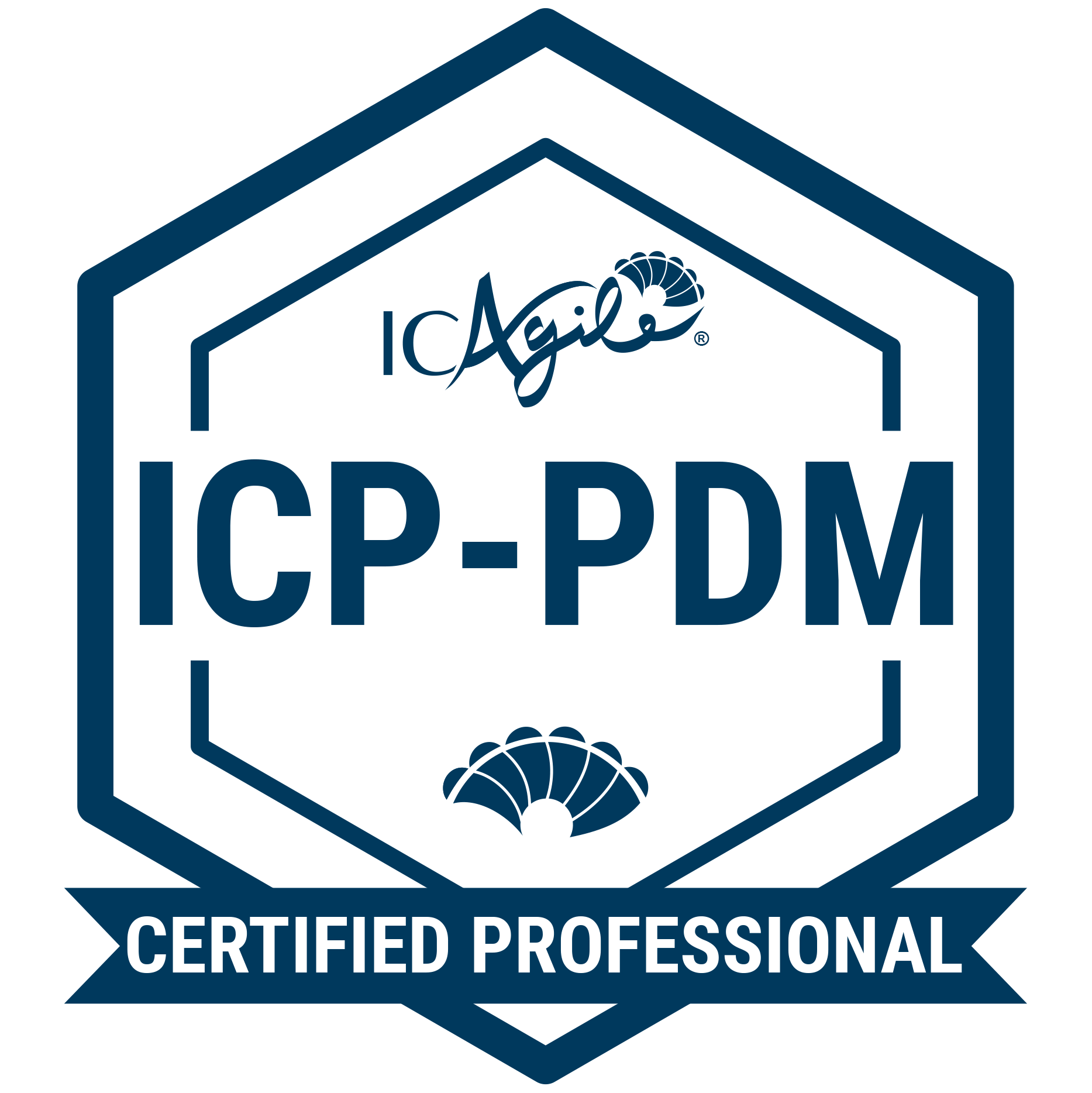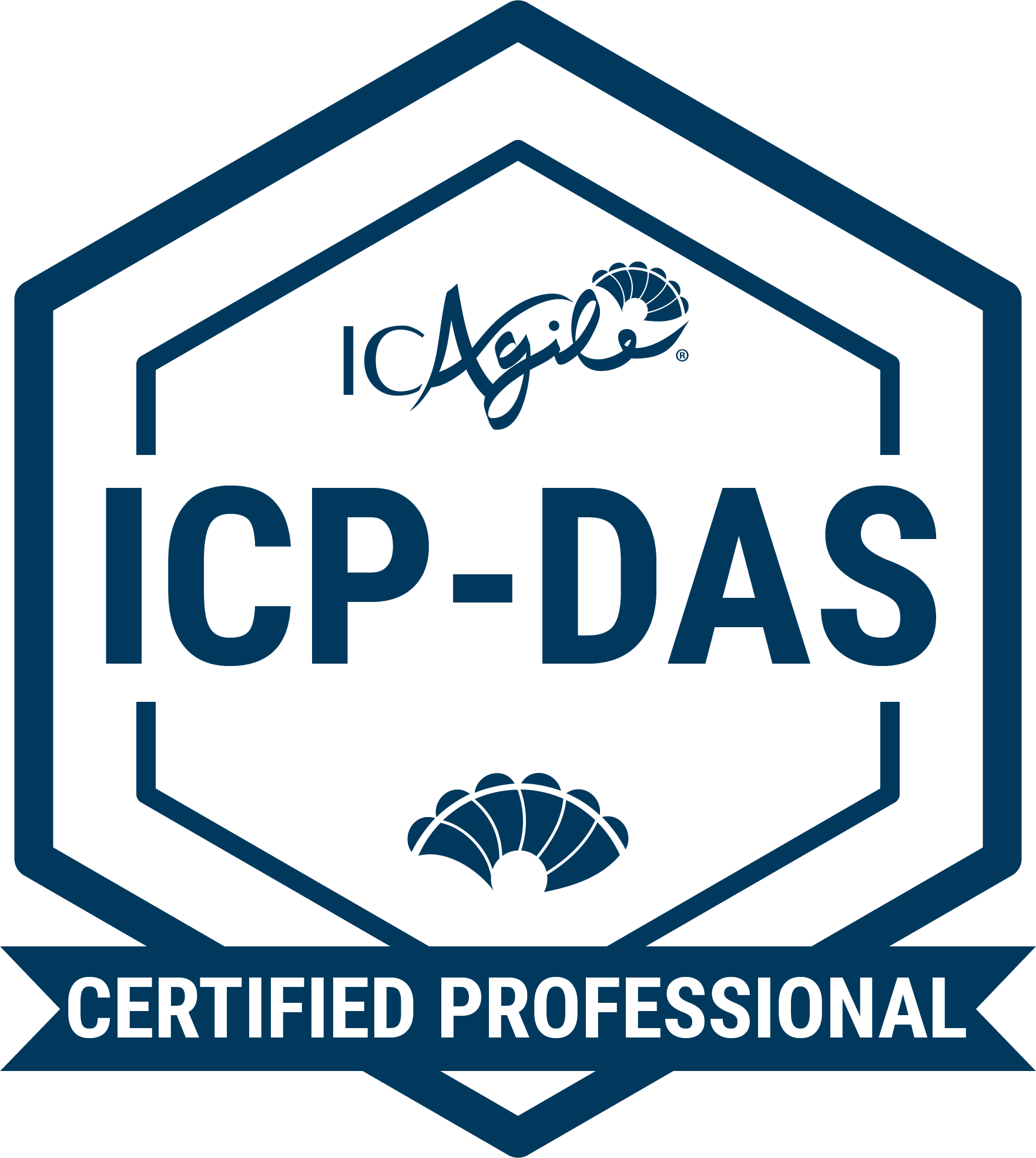Agile has become a buzzword in the world of software development and project management. While Agile encompasses a variety of methodologies, frameworks, and practices, its core values provide the foundation upon which Agile methodologies are built. These values are laid out in the Agile Manifesto, a seminal document created by a group of software developers in 2001. Understanding Agile values is crucial for any organization or team seeking to adopt Agile practices, as these values guide decision-making, team dynamics, and the overall approach to project management.
The Four Core Agile Values
The Agile Manifesto outlines four key values that form the essence of Agile philosophy:
1. Individuals and Interactions Over Processes and Tools
-
-
Meaning: Agile places a high value on the people involved in the project and the interactions between them. While processes and tools are essential, they should serve to facilitate, not hinder, communication and collaboration.
-
Application: In practice, this means prioritizing open communication, teamwork, and adaptability over rigid adherence to procedures. For example, daily stand-up meetings and face-to-face conversations are often favored over lengthy documentation or complex project management tools.
-
Why It Matters: Emphasizing individuals and interactions leads to more dynamic and responsive teams that can quickly adapt to changing requirements and environments. It also fosters a culture of collaboration and trust, which are essential for high-performing teams.
-
2. Working Software Over Comprehensive Documentation
-
Meaning: Agile advocates for the delivery of functional software as the primary measure of progress. While documentation is necessary, it should not take precedence over the actual development of working software.
-
Application: Agile teams focus on delivering small, incremental updates that can be tested, reviewed, and improved upon continuously. Documentation is kept to a minimum and is often created as needed rather than upfront.
-
Why It Matters: This value ensures that teams remain focused on what truly matters—delivering value to the customer. By prioritizing working software, teams can gather feedback early and often, allowing them to make informed decisions and adjustments throughout the project lifecycle.
3. Customer Collaboration Over Contract Negotiation
-
Meaning: Agile emphasizes the importance of working closely with customers to ensure their needs are met. This collaborative approach contrasts with traditional methods that rely heavily on detailed contracts and specifications.
-
Application: Agile teams involve customers throughout the development process, frequently seeking their input and feedback. This might involve regular demos, feedback sessions, or even having customers as part of the development team.
-
Why It Matters: Customer collaboration ensures that the final product aligns with the customer’s needs and expectations. It also allows for greater flexibility, as changes can be made quickly in response to customer feedback rather than being constrained by a rigid contract.
4. Responding to Change Over Following a Plan
-
Meaning: Agile values adaptability and flexibility, recognizing that change is inevitable in any project. Rather than sticking rigidly to a predefined plan, Agile teams are encouraged to embrace change and adjust their course as needed.
-
Application: Agile teams use iterative development cycles, such as sprints, to regularly reassess and adjust their plans. This approach allows them to respond to new information, changing market conditions, or shifting customer priorities.
-
Why It Matters: The ability to respond to change is a significant advantage in today’s fast-paced and ever-evolving business environment. By remaining flexible, Agile teams can deliver products that are more relevant and valuable to the customer, even in the face of unexpected challenges.
The Impact of Agile Values on Project Management
Agile values have a profound impact on how projects are managed and delivered. By prioritizing individuals and interactions, working software, customer collaboration, and responsiveness to change, Agile encourages a more adaptive, customer-centric approach to project management. This shift in mindset is often accompanied by several key changes in how teams operate:
-
Increased Collaboration: Agile values foster a culture of collaboration, both within teams and with customers. This often leads to more engaged teams, better communication, and a stronger alignment with customer needs.
-
Enhanced Flexibility: By embracing change and focusing on delivering working software, Agile teams can quickly pivot in response to new information or changing circumstances. This flexibility is crucial for staying competitive in today’s fast-moving markets.
-
Continuous Improvement: Agile’s iterative approach encourages continuous learning and improvement. Teams regularly reflect on their processes and outcomes, seeking ways to enhance their performance and deliver more value.
-
Customer-Centric Development: Agile’s emphasis on customer collaboration ensures that the final product is closely aligned with customer needs and expectations. This not only increases customer satisfaction but also reduces the risk of costly rework or project failure.
Become a Certified Scrum Master with Agilemania's PSM I Certification!
Master the Agile Values and lead your team to success with the globally recognized Professional Scrum Master (PSM I) certification. Gain practical skills, improve team collaboration, and accelerate your career.
Start Your Certification Journey Now!
Challenges in Adopting Agile Values
- 1Cultural Shift: Embracing Agile values requires a significant cultural shift within the organization. This can be difficult, particularly in organizations with established hierarchies or rigid processes.
- 2Balancing Documentation and Flexibility: While Agile values working software over comprehensive documentation, finding the right balance can be challenging. Teams must ensure that they have enough documentation to maintain clarity and continuity without becoming bogged down in unnecessary details.
- 3Customer Involvement: Agile’s emphasis on customer collaboration requires regular and active customer involvement. This can be difficult to achieve, especially if customers are not accustomed to or available for continuous engagement.
- 4Managing Change: While Agile encourages responding to change, managing change effectively requires strong leadership and communication skills. Teams must be able to adapt quickly while still maintaining focus and direction.
Conclusion
Agile values are the cornerstone of Agile methodologies, providing a clear framework for how teams should approach software development and project management. By prioritizing individuals and interactions, working software, customer collaboration, and responsiveness to change, Agile values encourage a more flexible, customer-centric, and adaptive approach to project management. While adopting these values can be challenging, the benefits—such as increased collaboration, enhanced flexibility, and continuous improvement—make it a worthwhile endeavor for any organization looking to thrive in today’s dynamic business environment.
Understanding and embracing these values is the first step toward building successful Agile teams and delivering projects that truly meet the needs of customers.



























































































